Cousin marriage has always been a subject of curious fascination and heated debate. From small-town communities to metropolitan hubs, the idea of marrying a cousin sparks questions about legality, health, and social norms. In some U.S. states, cousin marriages are banned; in others, they are allowed. So what about New York—America’s cultural kaleidoscope, from Buffalo to Brooklyn, Albany to Astoria? Let’s dive into the legal landscape, unpack genetic and social considerations, and explore what marrying a cousin in New York really means.
Understanding the Legal Landscape in New York
Marriage Laws & Domestic Relations Law
In New York State, the legal boundaries of marriage are defined by the Domestic Relations Law. This law explicitly forbids marriage between very close relatives—such as parents and children, siblings or half‑siblings, and uncles/aunts with nieces or nephews. Notably absent from the prohibited list are cousins of any degree.
That means first cousins—people who share grandparents—are legally allowed to marry in New York. This extends to half-first cousins, first cousins once removed, second cousins, third cousins, and beyond. The distinction is clear: if you are a cousin, you are not legally barred.
Marriage License Process
The process of obtaining a marriage license in New York is uniform for all couples, including cousins:
-
Apply in person at any city or town clerk’s office.
-
Both parties must show valid identification.
-
The fee is $40.
-
A 24‑hour waiting period applies.
-
The license is valid statewide once issued.
While clerks might ask about your relationship, the law allows cousin unions without additional hurdles. You can apply in any part of the state—even if you don’t live there. For example, a cousin couple from Rochester could legally marry in Manhattan, Syracuse, or Utica under the same conditions.
Interstate Recognition
Marriages that are legally performed in New York are generally recognized elsewhere in the United States due to the Full Faith and Credit Clause of the U.S. Constitution. But this doesn’t guarantee recognition everywhere:
-
About 24 states ban first-cousin marriage.
-
Some states will void cousin marriages performed elsewhere.
-
A marriage between cousins in New York may not be recognized if the couple later moves to or resides in a state that outlaws such unions.
For instance, a couple married in Buffalo or Buffalo suburbs like Amherst and Tonawanda may not have their union recognized in states like California (where it’s allowed) or Texas (where it is not).
A 50-State Snapshot: Where Cousin Marriage Stands Nationwide
In the United States:
-
18 states explicitly allow first-cousin marriage.
-
24 states prohibit it entirely.
-
8 states allow it under limited circumstances (e.g., spouses over 65, infertility, or older age).
New York stands among the 18 states where no legal ban exists—alongside places like California, Massachusetts, New Jersey, and Alabama. Culturally diverse states often take a more permissive approach on this issue.
Genetic & Health Considerations
The Genetic Risks of Cousin Marriage
One question that often accompanies the legal one is this: What about the health of children born to cousin couples?
Studies show that children of first cousins face a slightly increased risk of genetic disorders—about 2–3 % higher than the general population. That means if the baseline risk of birth defects is 3–4 %, it might increase to around 5–7 % for children of first cousins. That’s roughly double the typical baseline, yet still within a relatively low range overall.
That risk generally fades as cousin distance increases. Children of second or third cousins face negligible difference in genetic risk.
Genetic Counseling and Medical Guidance
Unlike some states that require genetic counseling for cousin couples (e.g., Maine), New York does not mandate it. Nevertheless, medical professionals in cities like New York, Buffalo, and Rochester may advise genetic testing and counseling. Consulting a geneticist can give prospective parents insight into their specific risk levels, family history, and any genetic screenings that might be helpful.
Historical and Cultural Context
Roots of the Law
New York’s stance is rooted in longstanding statutes dating back to the 19th century (circa 1830), when the only relationships banned were very close—parents, siblings, aunts, uncles. Cousins were not mentioned, and this omission effectively allowed cousin marriage. That policy has held, making New York one of the few states to never include cousins in its marriage bans.
Cultural Acceptance
In some communities—such as certain immigrant groups or tight-knit rural populations—cousin marriage has long been accepted. In parts of South Asia, the Middle East, and various communities within New York City, Chicago, and San Francisco, cousin unions are traditional. In urban centers like Queens, for instance, some South Asian and Middle Eastern families view cousin marriage as commonplace and culturally normal.
Yet in mainstream American culture—including large swaths of upstate New York and Western New York—it remains uncommon and often socially stigmatized. Couples may face judgment or misconceptions, even where the law is clear.
Social and Emotional Considerations
Social Stigma and Mental Well‑Being
Even when legal, cousin marriage can strain relationships with family members. In New York City’s culturally diverse boroughs—Brooklyn, the Bronx, Staten Island—and across Long Island, parents may express concern, friends may criticize, and extended family may shun the union. Emotional strain and anxiety about acceptance are real concerns for many couples.
Sound legal footing may not alleviate social pressure. Indeed, comedian Aziz Ansari humorously remarked that in some cultures “marrying a cousin is like ordering a latte,” while in others “you’d be scarred for life.” New York, as a melting pot of cultures, exhibits both extremes.
Relationships With Children and Family
Deciding to marry a cousin often triggers complex conversations about children’s futures, inheritance, family gatherings, and lineage. Couples may wonder how society (and potential in-laws) will react when they say, “Yes, I’m marrying my cousin.” Conversations with older relatives can be delicate. Feeling supported—or not—may shape the couple’s experience.
Practical Advice For New York Cousin Couples
Married in New York, Living Elsewhere?
If you tie the knot in Syracuse or Schenectady, take note: certain states that refuse to recognize cousin marriages include Texas, Louisiana, and Mississippi. Residency in those states may necessitate legal consultation to determine whether your New York marriage will remain valid.
Federal Law and Immigration
The federal government recognizes marriages legal under state law. A cousin marriage performed in New York is recognized at the federal level—for benefits like Social Security, taxation, and passport sponsorship. However, immigration officers may scrutinize such bonds more closely, so legal guidance is recommended.
Catholic & Religious Considerations
While the state doesn’t prohibit cousin marriage, religious institutions sometimes do. The Roman Catholic Church requires special permission (called a dispensation) for first-cousin marriages. Couples in Buffalo, Albany, or NYC wishing to marry in a Catholic church may need to request permission through their diocese.
Similarly, some Jewish denominations historically imposed bans, though these have relaxed over time. Muslim communities may have cultural norms around cousin marriage. Couples should confirm religious requirements before planning a ceremony.
Notable Cases & Celebrity Examples
Famous cousin couples help normalize the practice:
-
Franklin D. Roosevelt and Eleanor Roosevelt were related as fifth cousins once removed. Their marriage in 1905 was legal and socially accepted, even in New York society.
-
Charles Darwin married his first cousin Emma Darwin in 1839—later generations in America have followed similar traditions.
-
While not cousins, Albert Einstein reportedly had a romantic relationship with his second cousin once removed, Elsa.
These high-profile unions show that cousin marriage is neither fringe nor unprecedented, even among renowned figures.
Frequently Asked Questions
Is marrying a first cousin completely legal in New York?
Yes. The Domestic Relations Law outlines certain prohibited relationships—and cousins are not included.
Can cousins obtain a marriage license anywhere in New York?
Absolutely. You can apply in Albany, Buffalo, New York City, Yonkers, or any other municipality.
Will my marriage be recognized in other states?
Often yes—but not universally. A couple married in New York may find their union unrecognized in states that ban cousin marriage.
Do we need genetic counseling?
Legally, no. Medically, it’s recommended for an informed understanding of potential risks.
Does religion impose additional barriers?
Possibly. Catholic, Jewish, and other traditions may require special permissions or dispensations.
Is there a waiting window or fee for cousin marriage?
No special conditions. Same waiting period, fee, and procedures apply as with any marriage in New York.
Conclusion
New York State takes a permissive and straightforward legal approach to cousin marriage. As long as you are over 18, capable of consenting, and not closely related beyond the cousin level, you may marry your cousin anywhere in New York—from Manhattan’s City Clerk’s office to Suffolk County’s suburban towns. The marriage is valid under state and federal law, and the license process is identical to any other couple’s.
Yet while the law clears the way, social, cultural, and health considerations remain. Genetic counseling might help ease fears; family conversations and emotional preparedness can help build acceptance; and religious protocols may add some administrative steps—like dispensations.
If you’re considering cousin marriage and wish to say, “I do” at Niagara Falls or in the heart of the Bronx, know that New York law stands behind you. With awareness, support, and care, cousin marriage here is legally solid—and increasingly visible amid the Empire State’s cultural tapestry.
Suggested Next Steps
-
Understand your relationship: Confirm if you are first cousins or more distantly related.
-
Check marriage license requirements: Visit your local clerk’s office (Buffalo, Albany, NYC, etc.).
-
Consider genetic counseling: Especially if planning a family.
-
Discuss with family and community: Prepare for varied opinions.
-
Consult religious leaders: In case a dispensation is needed.
-
Research relocation concerns: If you plan to move to another state or country.
Final Thought
Cousin marriage in New York is legal, accepted, and part of the broader mosaic of relationships across the state. While some may view it as unconventional, the law makes room for personal autonomy. Ultimately, what matters most is transparency, informed choice, and respect for both legal boundaries and personal values.

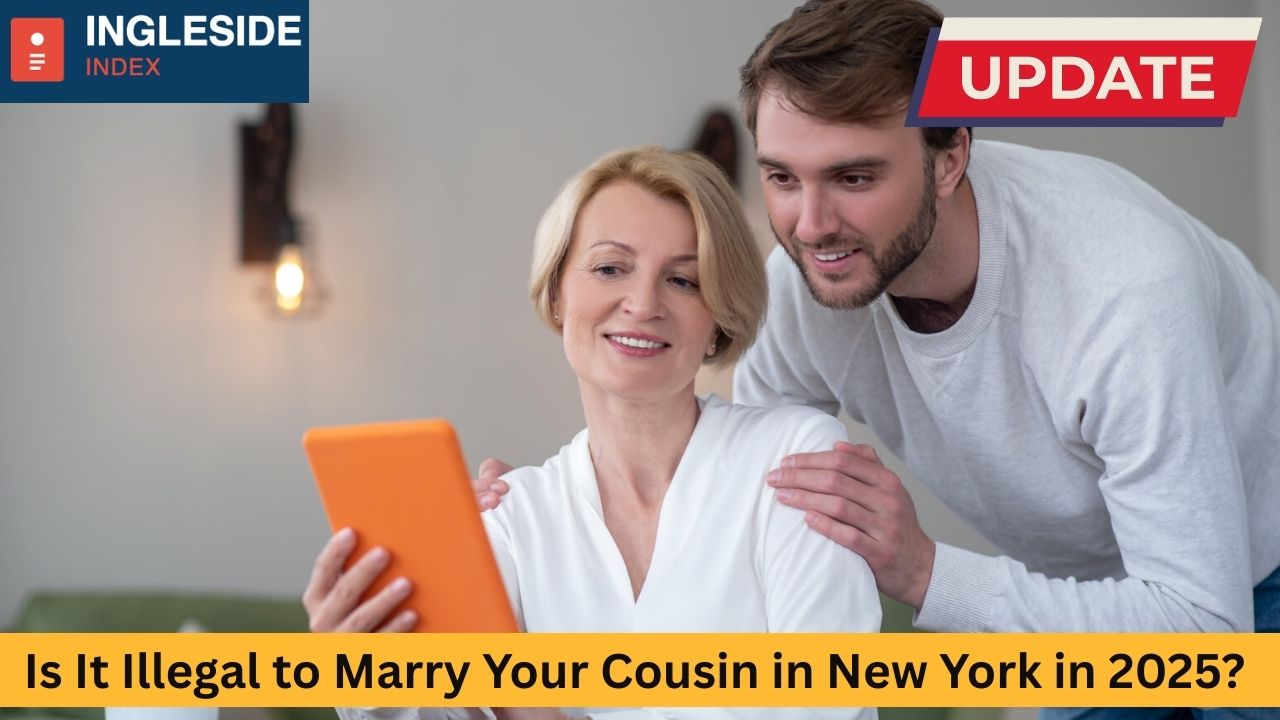

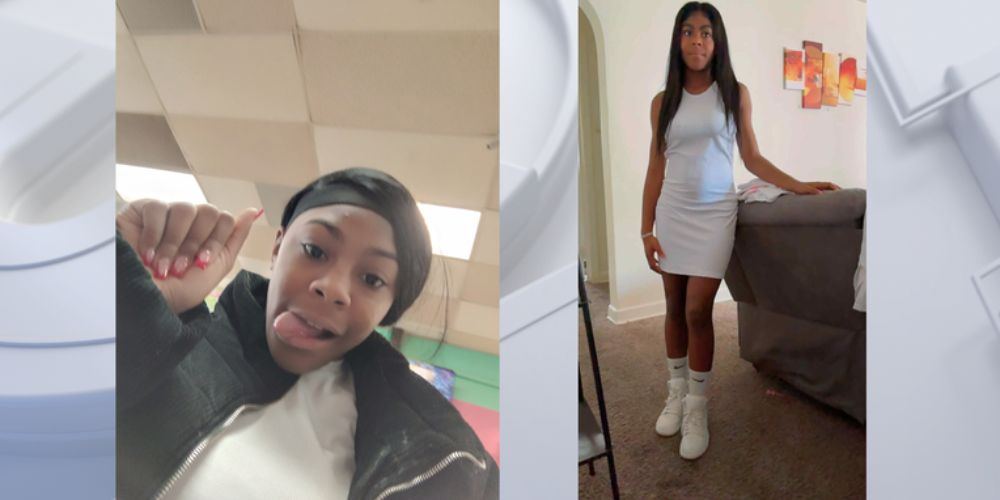

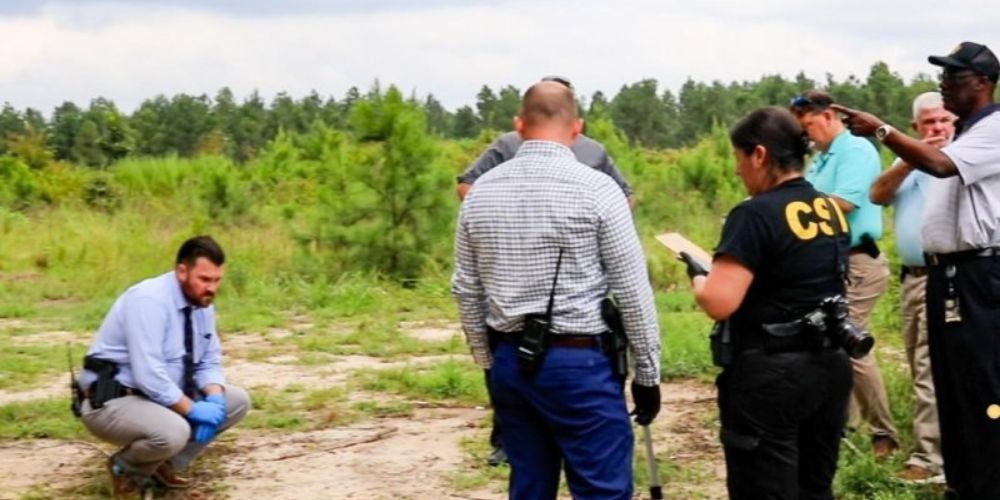
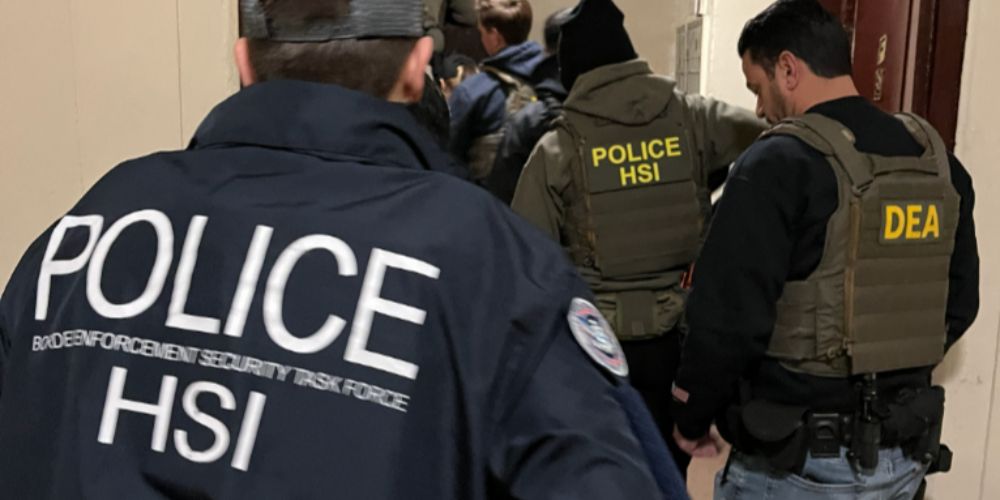
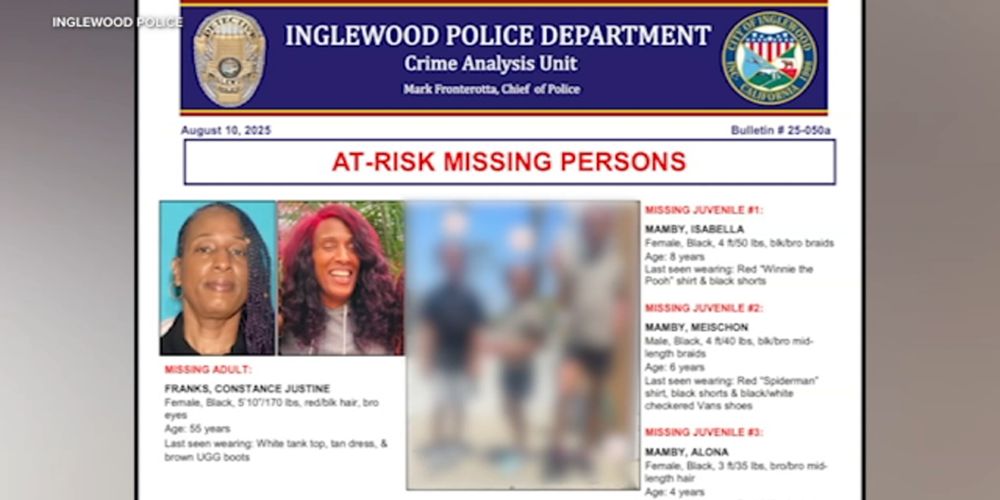



Leave a Comment